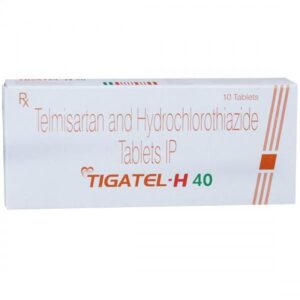TIAGABINE HYDROCHLORIDE
TIAGABINE HYDROCHLORIDE: Drug: Tiagabine hydrochloride
Use: Tiagabine hydrochloride is an antiepileptic medication primarily used to treat partial seizures in patients with epilepsy. It is often used in combination with other antiepileptic drugs when current therapy is not adequately controlling seizures.
Mechanism of action: Tiagabine works by increasing the levels of gamma-aminobutyric acid (GABA), a neurotransmitter in the brain that helps to regulate neuronal excitability. It does this by inhibiting the reuptake of GABA into presynaptic neurons, thereby prolonging the actions of GABA and enhancing its inhibitory effects on the brain.
Dose: Tiagabine hydrochloride is available in tablet form and the recommended initial dose for adults is 4-8 mg per day. The dose may be increased by 4-8 mg every week until an effective dose is reached (usually 20-30 mg per day). The maximum recommended daily dose is 56 mg. The dose for children is based on weight and is determined by a healthcare professional.
Side effects: The most common side effects of tiagabine hydrochloride include dizziness, drowsiness, difficulty concentrating, tremor, fatigue, abdominal pain, nausea, and constipation. Other less common side effects may include mood changes, confusion, coordination problems, speech difficulties, and vision changes. It is important to seek medical attention if any of these side effects become severe or persistent.
Serious side effects, although rare, may include suicidal thoughts, allergic reactions, liver problems, and a condition called seizures worsening or having new types of seizures. It is important to contact a healthcare professional immediately if any of these occur.
Note: This information is not exhaustive and should not be used as a substitute for professional medical advice. Always consult with a healthcare professional before starting or making changes to your medication regimen.

